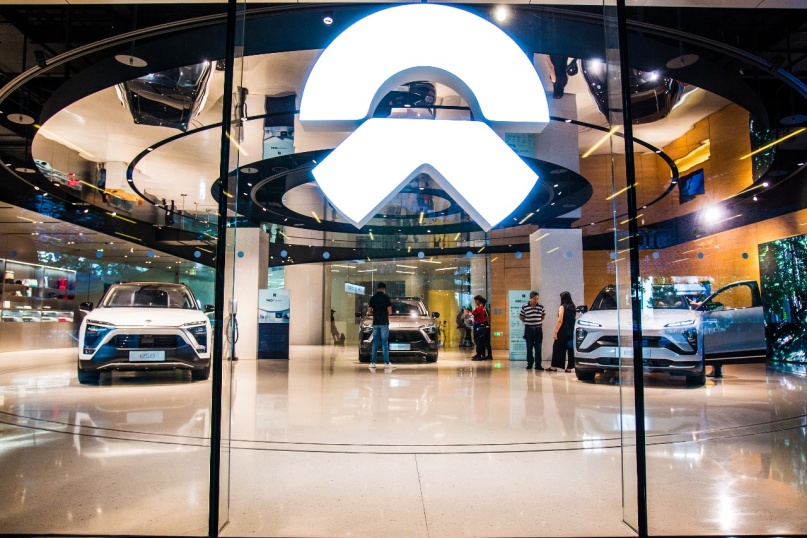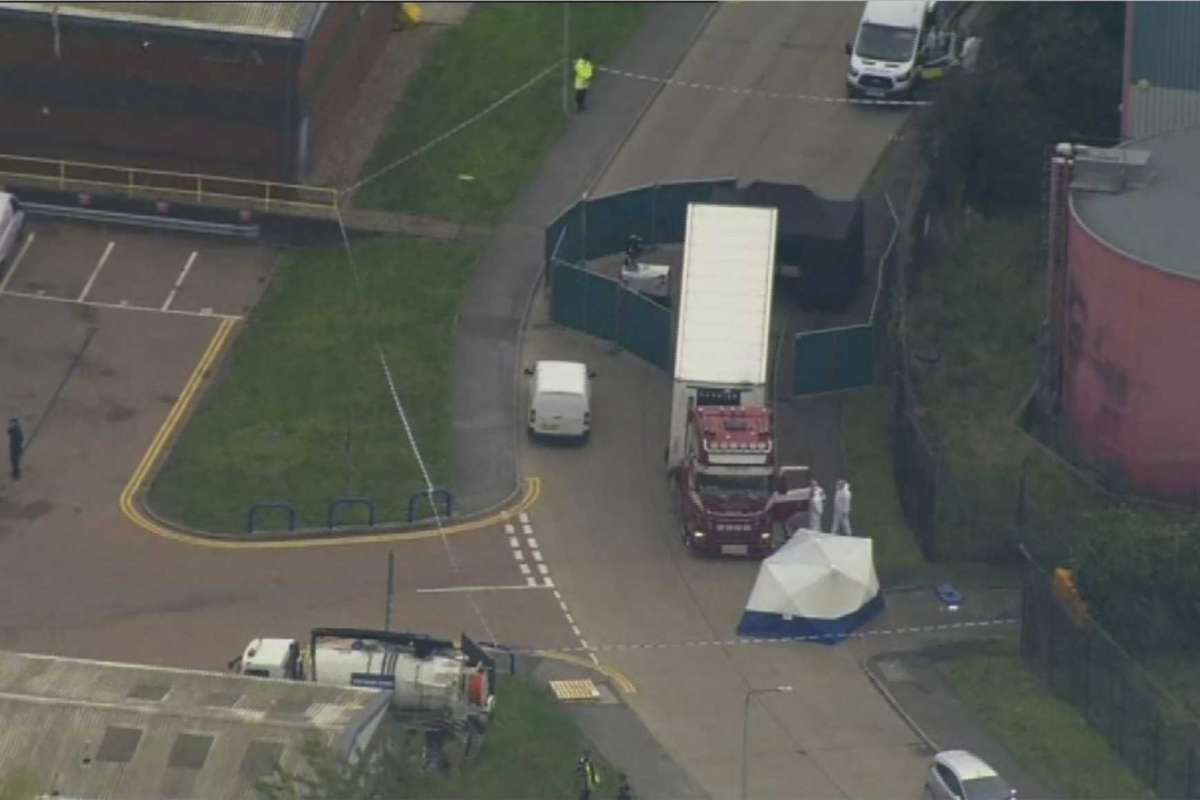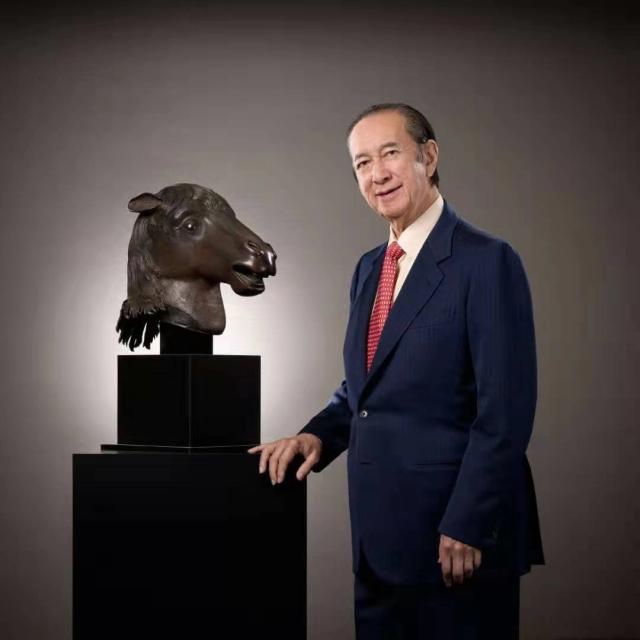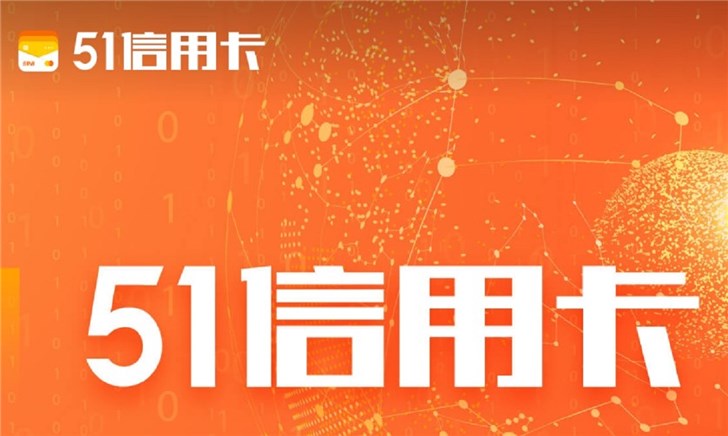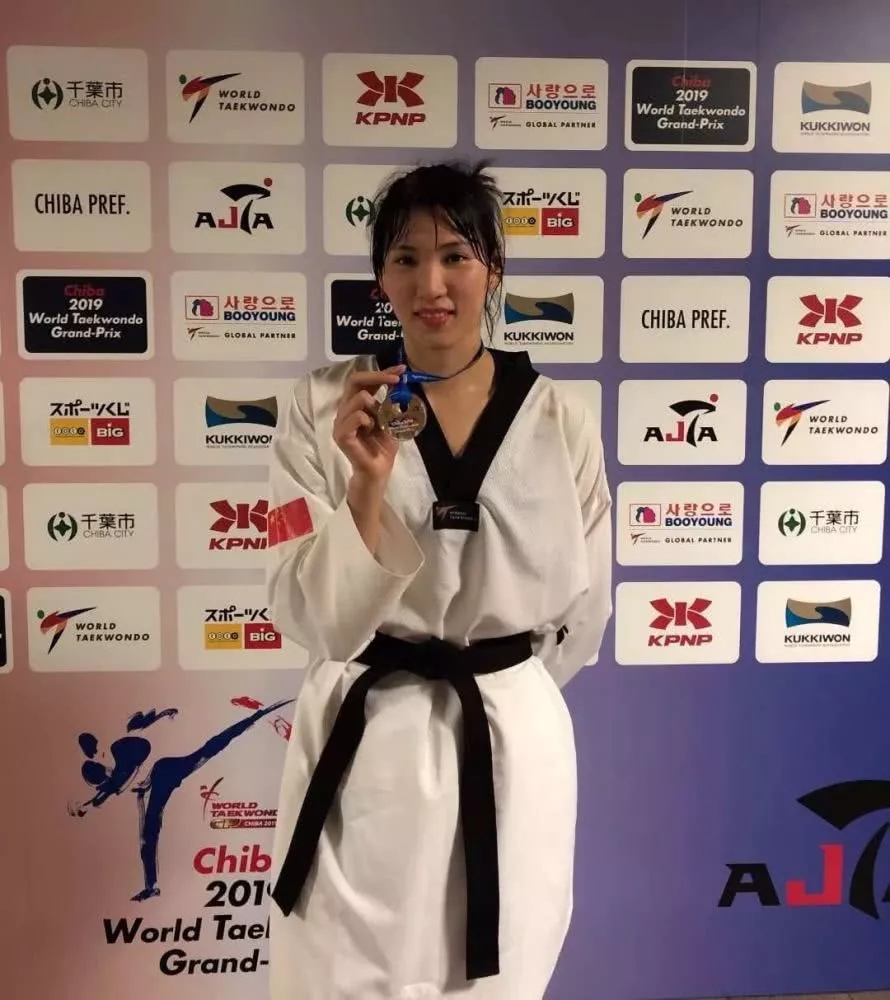In an interview with the media, zhou yijun mentioned one example: her friend used to live in New Zealand, but the family moved back to China after the birth of their child to build a consensus that Chinese education should be provided to their child. "They say that if the child grows up like that, he may be lonely when he comes back to China. He has nothing in common with all his relatives and friends in his parents' circle. They are separate."
(Picture Source:Baidu)
There are also some impressive scenes in the documentary. In the episode about education in India, children in poor villages gradually learn to look for answers when they have questions, after schools teach them to surf the Internet. In the British education episode, the students also demonstrate their ability to explore their own subjects.
Anxiety was zhou yijun's initial motivation. Like many Chinese parents, she describes herself as a driver who has to drive "without a manual," and from the moment her daughter was born six years ago, she has often pondered how to bring the right education to her child.
In Finland, there are no tests or competitions in the classroom; In Israel, schooling and entrepreneurship go hand in hand; In Britain, sport is a very, very important subject; In India, children are trained and taught to express their opinions; In Japan, you can see a lot from kindergarten; In China, there are teachers who try to teach pupils to distinguish fact from opinion.
So as I said at the beginning, there are no absolute standards for education. In the part about China in the documentary, most of them present the new interpretation and interpretation of traditional culture by educators, which has certain limitations. Because in modern times, China does not lack a proud maker education (STEAM education), we are no longer a country of copycat, nor do we need to imitate foreign countries.
Documentary aired, combing online comments, most viewers are looking forward to Finland, Israel and other countries of liberal education, enlarge their advantages, there are a few comments on the documentary itself, questioning is not comprehensive and objective, or introduces a country only a few cases, think it lacks representative, why don't doubt producers to dig the disadvantage of national education. Indeed, "childhood home" does not convey a lot of background knowledge, such as in the Finnish school phenomenonmethod, rendering but just some live classroom operation, not specially introduces how the Finnish education system for the past twenty or thirty years development, how to decide the method, or what are the critical discussion and so on. The documentary on the presentation of the question is not comprehensive, it is reasonable. When we look at it, if we are only looking forward to the moon in a foreign country, and are only satisfied with questioning the shooting method of the film, it will be too formal. The real focus is on how to use creativity to build better education, and we need to start thinking about what we can do for education.
During zhou yijun's growing up, she experienced what an ordinary Chinese child would experience. For example, her parents often say to her, "the girl across the door doesn't even look up when she's doing her homework." But in Finland, that may not happen at all. So when we come into contact with other countries' classes, other countries' students, it is hard for us not to compare consciously. It is through the shooting of the education in five other countries that "a childhood in a foreign land" is presented together with the situation in China, bringing some new ideas and touches to the audience. The film will be representative of the world's education mode melting into a furnace, more like an educational experiment. But the truth is, once off the screen, thinking meets a reality check. It's easy to be moved by the movie, but hard to answer the questions.
The 9.1-minute documentary "childhood in a foreign land" visited schools in five countries and finally returned to China with a meditation on education.
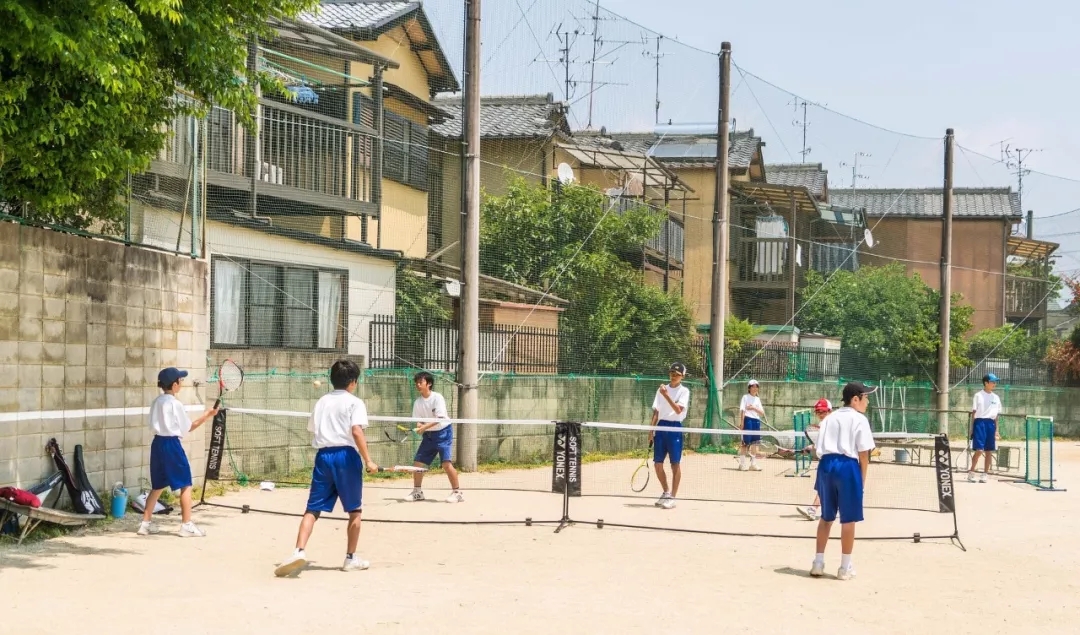
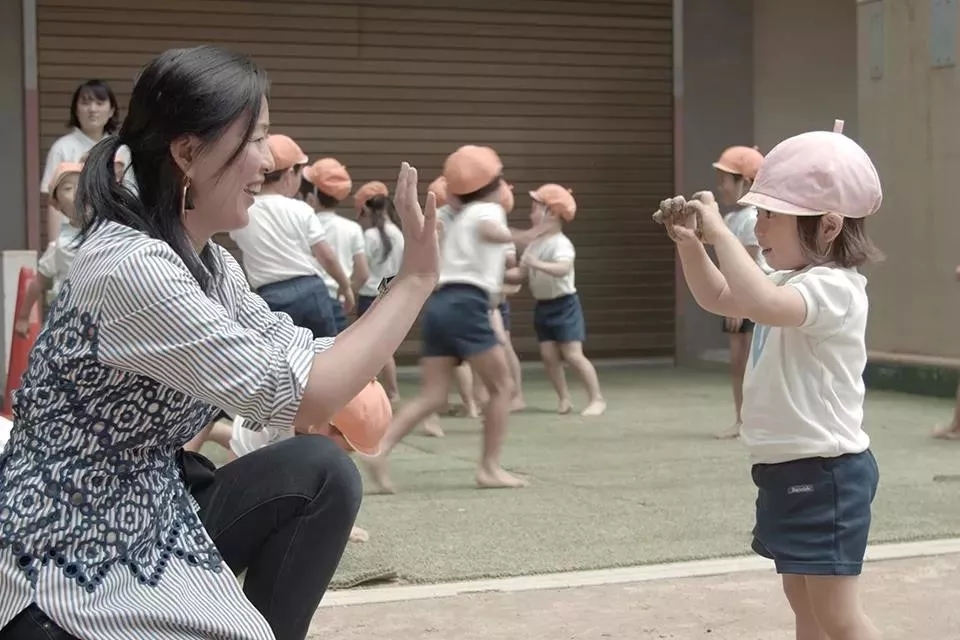
In China, there is no shortage of civilian experts who weld lamborghinis with steel plates and make their own submarines. We should integrate such ideas into education to enrich our childhood. When the time comes, my childhood in my hometown will be a creative memory.
Zhou yijun, the film's director and a veteran international journalist, admits that it is impossible to provide a perfect solution through just one documentary because education is a mysterious thing. The implication is that there is no absolute standard for everyone's choice.
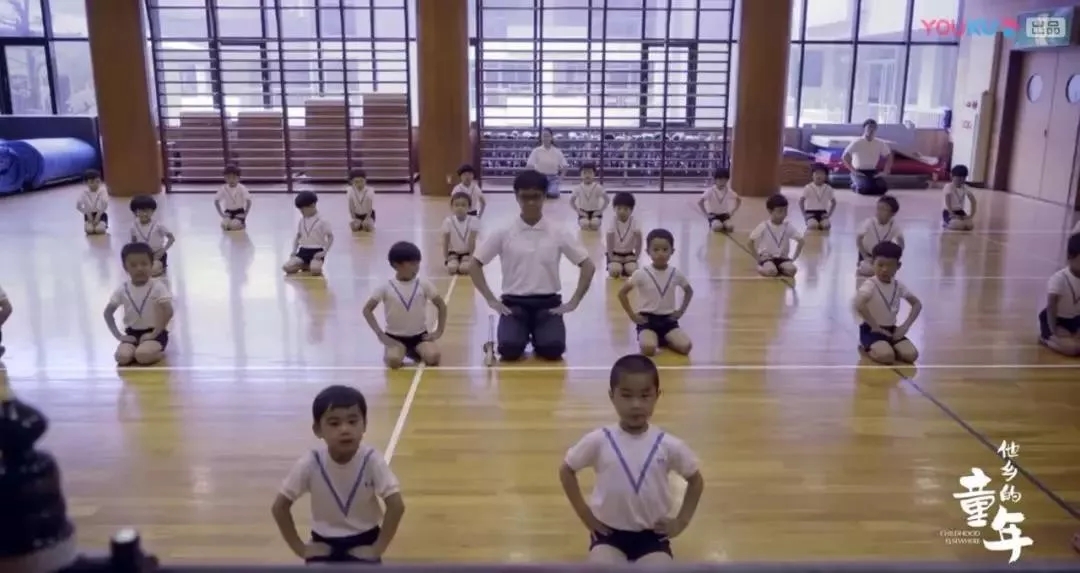
In fact, if this documentary introduces the history or system design of education in various countries according to the script, the whole film will lose much of the emotional atmosphere of daily life and will no longer be attractive. In view of the doubts on the Internet, the author believes that the content of the film can not cover everything, after all, the documentary is only a primer, its role is to inspire the audience to search, understand and understand. As the essence of education, is still to enlighten people, not to restrain people.
Few are more anxious than Chinese parents. They want to give the next generation a perfect and fulfilling childhood. They want to lead their children to break through the cage of peer competition and the pressure of going to school and head for a place called "success". On this road, too many entanglements, too much pain, too many choices, too little reflection.
